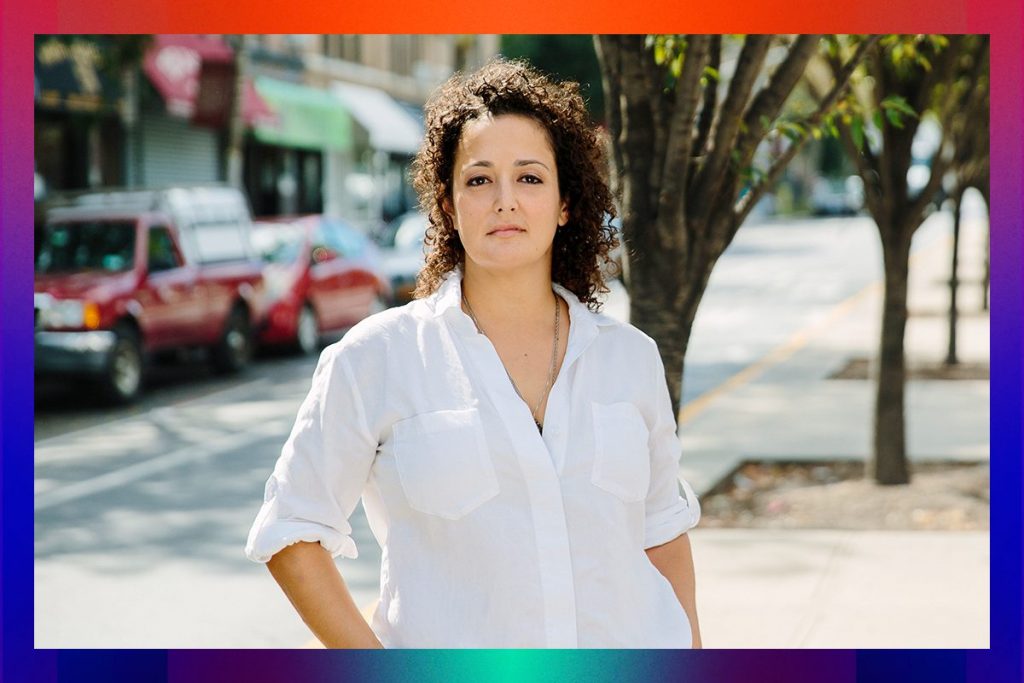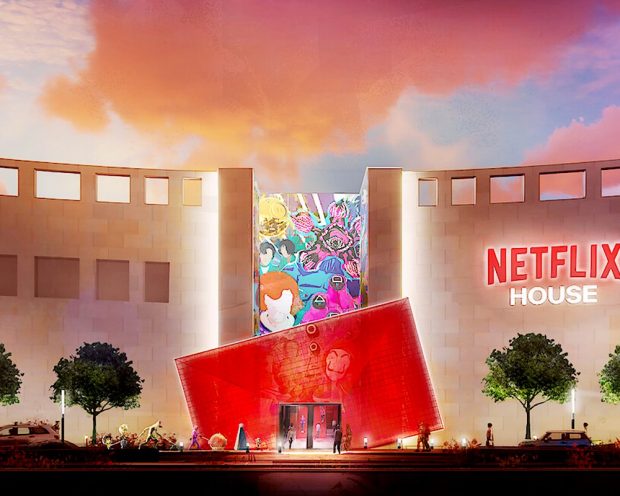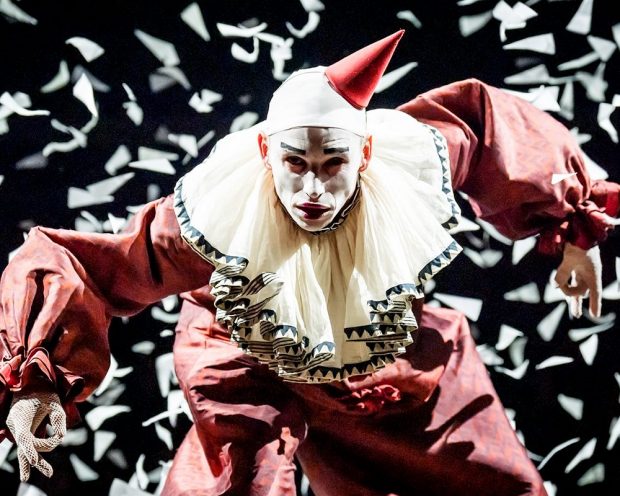The experiential entertainment industry is on the rise (expected to reach $419.5 billion by 2030), but as it grows, the question remains: how do we balance creative ambition with commercial success? Enter Mikhael Tara Garver and her team at Culture House Immersive (CHI), who are answering that question with an innovative incubator model that could change the game for how these experiences are created, scaled and monetized. With a fresh $1M in financing for its inaugural incubator, CHI is paving the way for a new era of immersive experiences — one where creativity and business come together seamlessly. BUILDING AN INCUBATOR FOR THE EXPERIENCE ECONOMY Mikhael’s vision for CHI’s incubator began taking shape in 2016, when she was a fellow at the Pop Culture Collaborative. She saw the entertainment industry fully embracing the experience economy, yet creators were often sidelined and treated as products rather than innovators. This sparked her desire to put immersive entertainment at the center of the industry — where the stories and voices of the new majority (women, people of color and LGBTQ+ folks) would drive the creative process and benefit financially. At CHI, she introduced the idea of a slate model — like the old...



